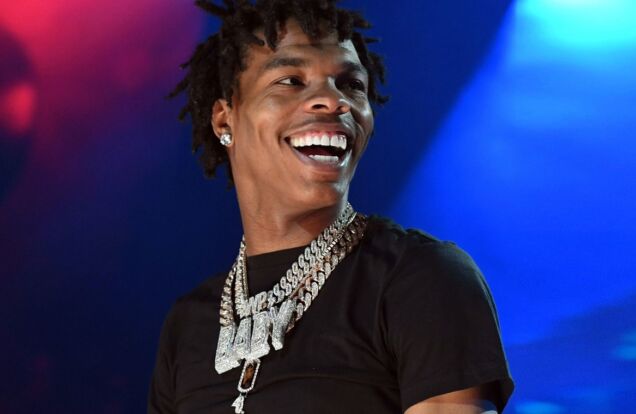DROGAS WAVE’S RELEVANCE
A Lupe Fiasco Album Ahead Of Its Time


Released two years too soon, the Chicago rapper made a piece that shed light on black history, and issues that remain to this day.
This past Monday marks the 2nd anniversary for Drogas Wave, the seventh studio album for Lupe Fiasco. With many records recorded years in advance, the artist’s collection is part 2 of a planned trilogy of albums, including 2017’s Drogas Light.
The album debuted at number 60 on the US Billboard 200, selling nearly 5,000 copies in the first week. But it wasn’t about the sales that made the album impactful. It was the story.
In a 2018 interview with Complex Magazine, Lupe explained the concept of the album stating it was “based on a story about a group of slaves that jumped off a slave ship transporting them from Africa.”
The first part of the album illustrated that “the slaves did not drown”, but lived under the sea, spending the rest of their underwater existence to sink slave ships in retribution.
Drogas, being the Spanish word for drugs, was made into an acronym by Fiasco which stands for ‘Don’t Ruin Us God Said.’ He tied in the historical presence of drugs and other goods in the song, Manilla.
Fiasco relives the dark past of slavery and rewrites the tale triumphantly while educating listeners on their plight.
By the end of his recounting of the slave ships, he begins to rewrite tales of others who have passed on, such as Alan Kurd and Jonylah Watkins.
For Kurd, the life of a 3-year old who drowned on a boat ride to Greece was rewritten into the life of a lifeguard who saves himself.
For Watkins, she opened a Clinic in her new reality. In her adult form, she finds herself nursing an infant back to health after a gunman opened fire to her and her father. Telling her reality of old.
As profound and riddle-filled the album turned out to be, the tales have become something that persists in society today.
Unprovoked acts that directly impacted the black community. Something that in 2020, would make the piece more timely than ever.
Lupe is no stranger to being ahead of his time.
His “Kick Push” days of skating, karate-aspiring antics were a soundtrack for the misrepresented kids of the black community.
Today, many artists openly seek inspiration from different forms of entertainment, such as anime and professional wrestling.
He’s also spoken on problems in the inner city of Chicago in Food & Liquor, to issues nationally on Lasers, always speaking consciously about problems that still exist.
His work has been overshadowed by his many spats on social media in regards to artists, the industry, and society as a whole.
Despite that, as well as his shortcomings within the business aspect of hip-hop, his triple entendre’s in the 24-track album gives fans much to decipher.
Like a teacher to a class, his lesson stands as a message. A message for all.

